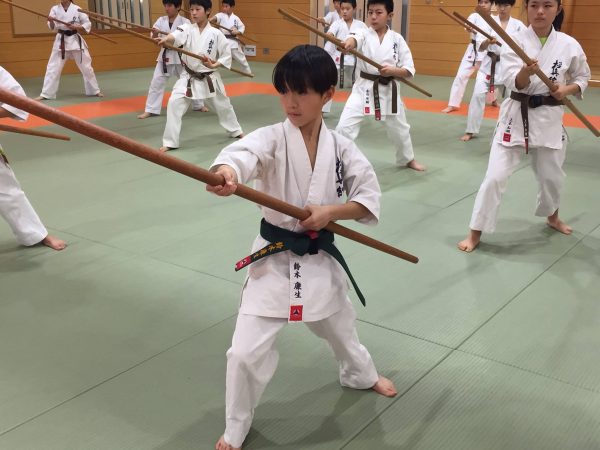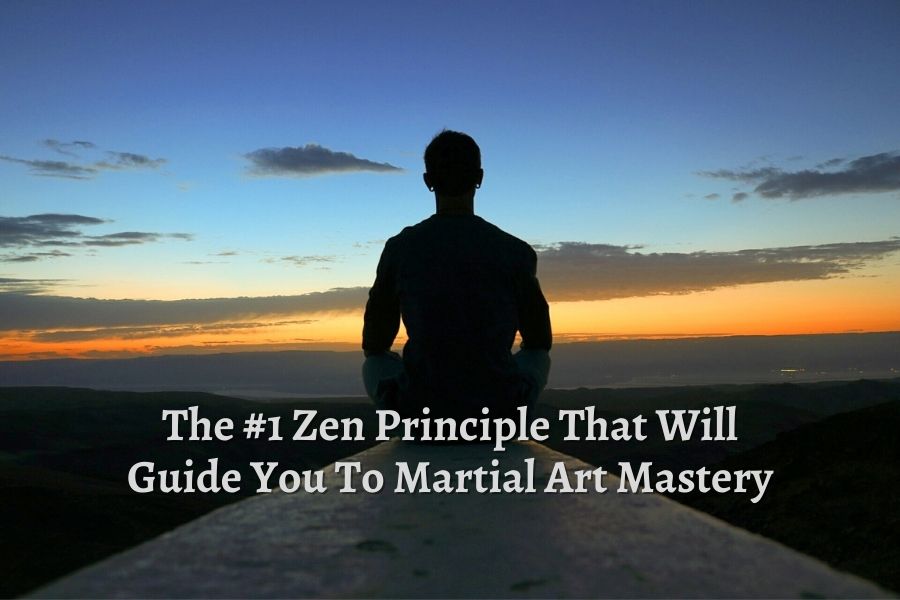Once upon a time, there was a Zen master who–er, stop me if you’ve heard this one before.
This grey-haired-yet-never-grouchy man offered wise words to those who came seeking him, regardless of who they were. One day, a scholar came to him for counsel, however, it became painfully obvious that the visiting scholar wasn’t truly ready to receive advice. He would interrupt the master with his own stories and failed to properly listen when he did give a chance to speak.
Not cool.
Rather than losing his temper, the master suggested they sit down and have tea.
The master gave his guest a teacup and began to pour. And pour. And pour even still. He kept pouring the hot tea until it completely filled the scholar’s cup and, even then, continued to pour into the overflowing cup.
Aghast at the spilling hot tea, the scholar leaped up and cried “Stop! The cup is full!”
“Yes,” The master said calmly with a knowing smile. “You are like this cup–so full of ideas that nothing more will fit in. Come back when your cup is empty.”
Mic drop. There is a powerful lesson to be found in that story and it is about much more than customer service.
In Zen Buddhism, there is the belief–one that is often adopted by Japanese martial arts–that the beginner has one of the most powerful mentalities.

The White Belt Mentality
The poetic view of a martial artist whose black belt has been worn down white once more represents an important idea; we start as white belt novices and then begin to stain our minds with opinions and ideas before finally resolving to accept new knowledge again. Essentially, the true masterworks himself to become a white belt once more, ready to again learn from any source.
It is unfortunately easy to close your mind off to new ideas after reaching any level of expertise. When we learn one way of doing something, we can easily become married to the first taught method.
It is better to be an accepting beginner than a closed-minded expert, however. Whoever holds an open-minded perspective is going to be able to grow much, much further. After becoming proficient in our art, we must actively work to dissolve our ego and expand our minds again.
Even martial art legends like Guro Dan Inosanto continue to study and have conversations with martial artists of varying backgrounds.
The first step to learning something new is admitting that you didn’t know it before. When we release the tight reins of ego and accept new information from seemingly “lesser” sources, we can better appreciate interactions with our students and even begin to learn from them. The sensei who believes lessons are a one-way street is a fool indeed.
As martial artists, we ought to view ourselves as scientists; experimenting and exploring the boundaries of what we currently understand. True failure doesn’t exist in science, only consequences with unexpected lessons. With every loss, you gain insight. If we begin to fear the act of making a mistake, we will be frozen in trepidation impeding our progress.
Read the full article HERE.



